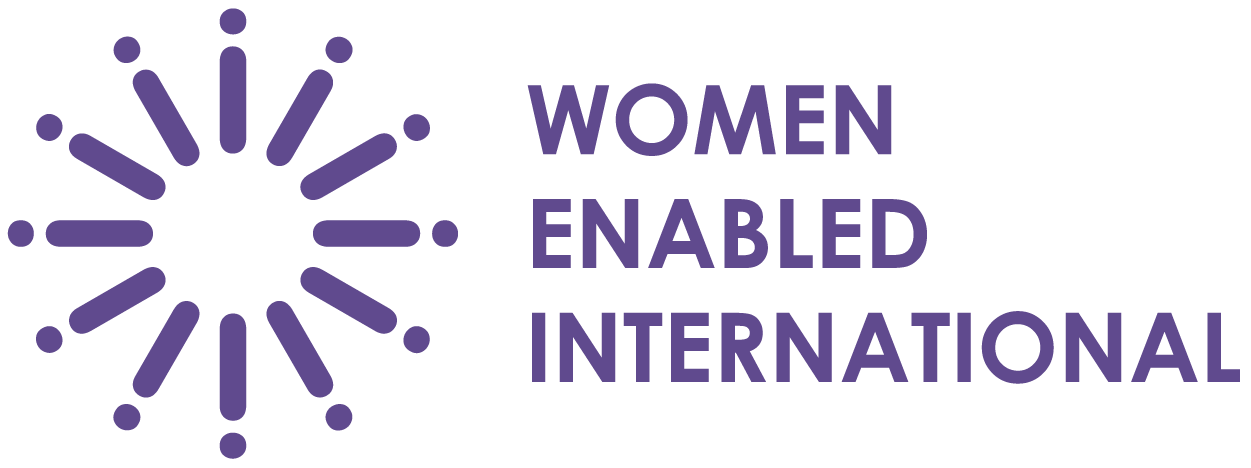Nothing is more powerful than advocates raising their own voices and sharing the realities of their lived experiences to hold leaders accountable for upholding human rights. WEI deploys our substantive and logistical experience with international human rights advocacy to support our partners’ travel to and engagement with human rights bodies in Geneva.
UN treaty bodies and special procedures are valuable tools for advocacy at both international and national levels. WEI aims to engage with these accountability mechanisms in a way that enables not just advocacy but also movement building and cross movement solidarities.
In recent months, that has included WEI working side-by-side with our activist partners to effectively advocate with the Convention on the Rights of Persons with Disabilities (CRPD), Committee on the Elimination of Discrimination against Women (CEDAW Committee), and the International Covenant on Civil and Political Rights (ICCPR).
Between June to September 2023, Malawi was reviewed by both the CRPD and CEDAW, the Philippines was reviewed by CEDAW, and the United States of America was reviewed by the ICCPR. WEI supported activists from each of these countries to draft and submit shadow reports, advocate with Committee members to ensure an intersectional lens to the concluding observations and develop a national level advocacy strategy aimed at the implementation of resulting recommendations at the country level.
The process of country reviews by treaty bodies are valuable tools to support women and gender-diverse people with disabilities to collaboratively develop an advocacy agenda which is then further strengthened by concluding observations. With the CRPD Committee, WEI worked with our longtime partners at Disabled Women in Africa (DIWA) to ensure a gendered lens to the concluding observation. Our efforts resulted in a nuanced and extensive recognition of the specific challenges of women with disabilities through the concluding observation.
With the CEDAW Committee, WEI, NOVEL (the Philippines) and DIWA (Malawi) focused our advocacy on ensuring women with disabilities are addressed beyond the aggregated ‘marginalised women’. This advocacy resulted in concluding observations addressing specific accessibly concerns of women with disabilities. It is also valuable to note that with support from WEI and Disability Rights Fund, the 86th Session of CEDAW saw one of the largest contingents of women with disabilities from Malawi.
In addition to the country reviews, WEI, DIWA and the Inclusive Generation Equality Collective (IGEC) also had the opportunity for a private briefing with the CEDAW Committee. The briefing introduced the concept of accessibility as fundamental to the realization of the right to access; including access to services, justice, education, political participation and/or employment. It led to a vibrant exchange of ideas between the panelists and the Committee members on what it could look like to apply a disability lens to their observations and recommendations. This was the first of the series of briefings being planned by WEI and IGEC on gender and disability.
View all submissions and concluding observations here:
